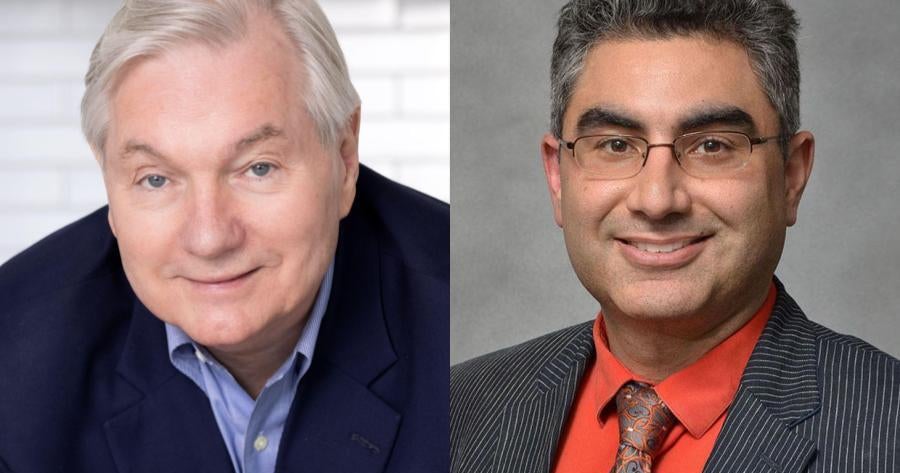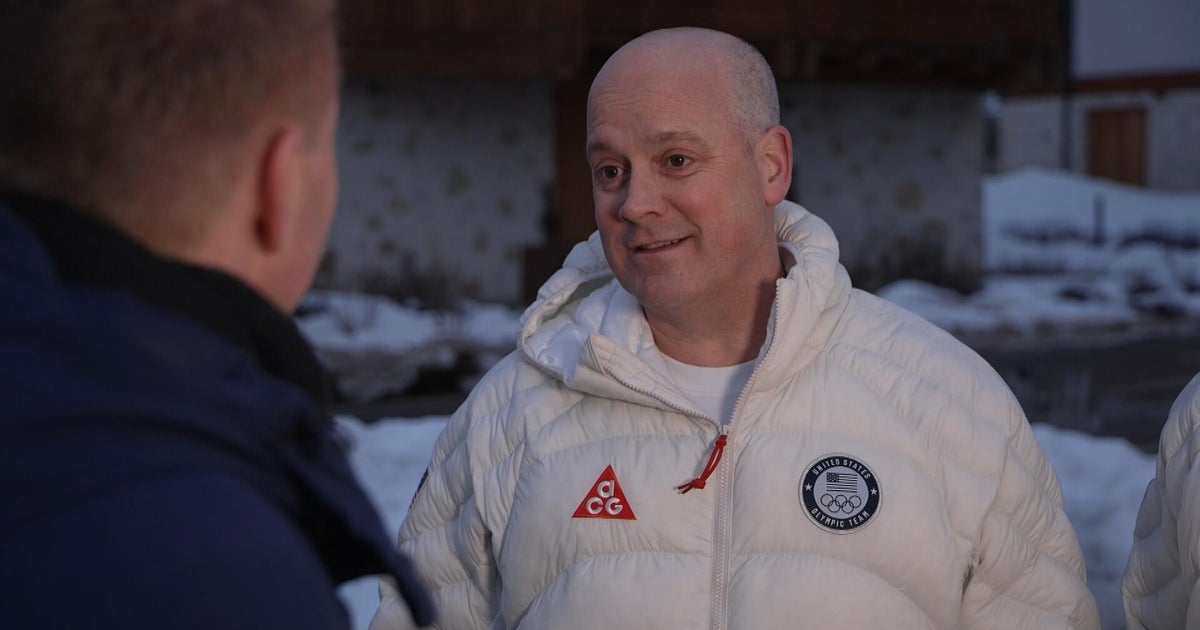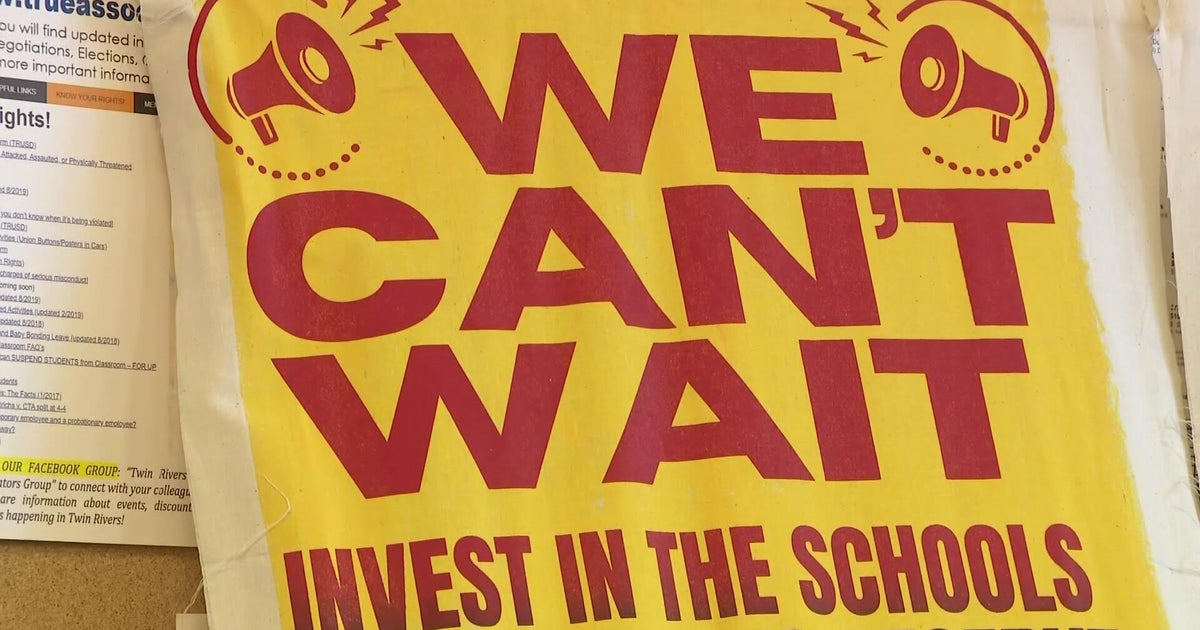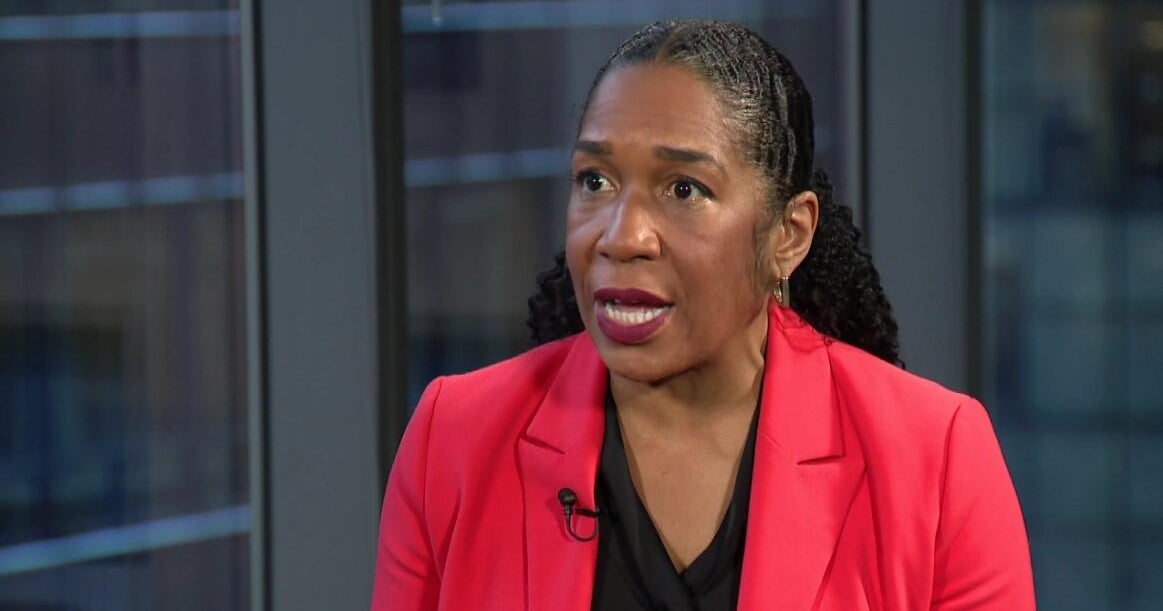Claeys: Gophers Boycott Was Strictly About Due Process
MINNEAPOLIS (WCCO) – A day after University of Minnesota football players ended their boycott over the suspension of 10 teammates, coach Tracy Claeys took questions from reporters for the first time.
Claeys had expressed support for the boycotting players on Thursday night, with a tweet saying he'd "never been more proud."
On Sunday, he said he "could have chosen better words" but did not regret it, and continues to stand by their actions. WCCO's David McCoy was among the reporters Claeys spoke with and has more on the coach's perspective.
It's a fine line for a coach to walk in situations like these, caught between trying not to lose his locker room or anger his bosses. On Sunday, Tracy Claeys sounded like a coach trying very much to do just that, speaking shortly after their first practice since the end of the boycott.
Claeys said he told the players before the boycott began that he might lose his job over it, but tonight said he does not fear that he will after having good communication with Gophers Athletic Director Mark Coyle this weekend.
He reiterated several times tonight that his players' boycott was about what they felt was a lack of due process in the lead-up to the suspensions, and that he continues to agree with their position in that regard.
"Again, I want everybody to understand, the boycott was around the due process. Period. How it all happened, that operation. That's what the boycott was abou," Claeys said. "In the players' mind, and I support the fact that there is a due process thing that needs to be addressed, and I think as the players' release said, that president Kaler agreed to look at that."
Claeys said he had not read the University's report until after the boycott began, but that Coyle had told him what was in it when they met before announcing the suspensions.
Said Claeys, quote, "He did fill me in on details but I had not read it in full at that time."
He said his players reading the report for themselves had a "very minimal effect" on ending the boycott.
The other fallouts Claeys said he detailed with his team ahead of the boycott were the possibility that they wouldn't be able to play the Holiday Bowl and that people would consider the protest to be dismissive of the seriousness of sexual assault.
Throughout the conversation with Mona, Claeys stressed that he and his players take sexual assault seriously. The coach said he would personally donate $50,000 to support survivors of sexual assault. He also said his team would use to the Holiday Bowl as a platform to raise awareness.
Claeys told Mona that, for his players, the protest was about due process and how the situation was handled by the university. The coach added that he understands why the university moved to suspend the players, but said that he also felt the need to support his team as his relationship to the players is like that of a parent, not just a university official.







